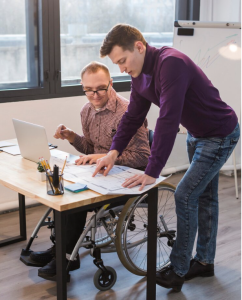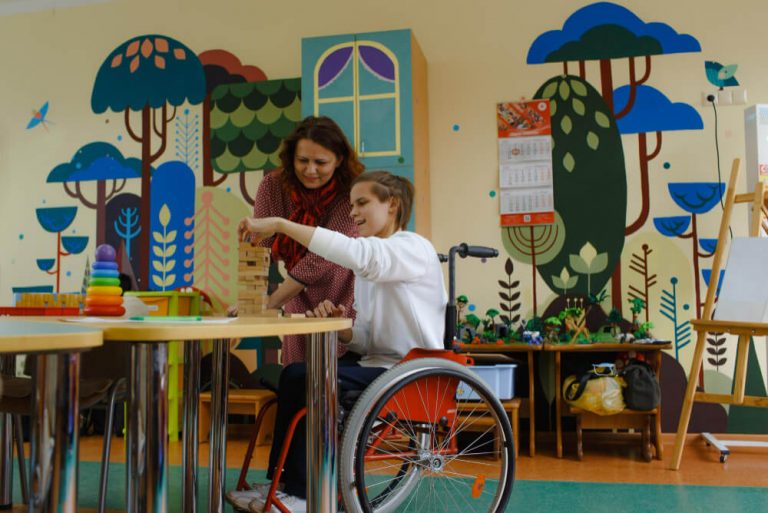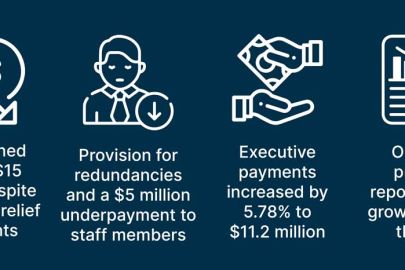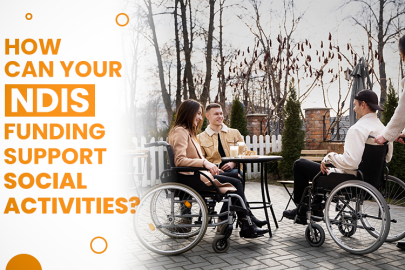Life Skills Programs with NDIS: Unlocking Potential and Independence
The National Disability Insurance Scheme (NDIS) offers a wide range of supports designed to improve the quality of life for individuals with disabilities. Among these supports, life skills programs play a crucial role in fostering independence and personal growth. This article explores the benefits of life skills programs under NDIS, the types of programs available, and strategies to maximize their effectiveness.
The Importance of Life Skills Programs
Life skills programs are designed to help individuals develop essential abilities needed for daily living and personal autonomy. These programs can significantly enhance an individual’s quality of life by promoting independence and self-sufficiency.
1. What Are Life Skills Programs?
Definition and Objectives
Life skills programs aim to teach and strengthen abilities necessary for managing everyday tasks, interacting with others, and making informed decisions. Objectives include improving daily living skills, social interactions, and problem-solving capabilities.
Benefits of Life Skills Development
Developing life skills helps individuals gain confidence, reduce dependency on caregivers, and participate more fully in their communities. Enhanced life skills contribute to better overall well-being and a higher quality of life.
Types of Life Skills Programs Available Through NDIS
NDIS provides funding for various life skills programs tailored to meet individual needs. Understanding these programs can help participants select the most appropriate ones for their goals.
1. Daily Living Skills Programs
Personal Care and Hygiene
Programs focused on personal care and hygiene teach essential skills such as bathing, dressing, grooming, and maintaining personal hygiene. These skills are fundamental for independence and self-care.
Household Management
Household management programs cover tasks such as cooking, cleaning, and budgeting. These programs aim to equip individuals with the skills needed to manage their home effectively and independently.
2. Social Skills Programs
Communication Skills
Communication skills programs focus on enhancing verbal and non-verbal communication abilities. This includes improving speech, understanding social cues, and expressing needs and emotions effectively.
Relationship Building
Relationship-building programs aim to develop social skills necessary for forming and maintaining relationships. Participants learn how to interact positively with others, build friendships, and navigate social situations.
3. Problem-Solving and Decision-Making Programs
Critical Thinking Skills
Critical thinking programs teach individuals how to analyze situations, evaluate options, and make informed decisions. These skills are essential for managing daily challenges and achieving personal goals.
Conflict Resolution
Conflict resolution programs help individuals develop strategies for managing and resolving conflicts in a constructive manner. This includes negotiating, compromising, and finding mutually beneficial solutions.

Accessing and Maximizing Life Skills Programs with NDIS
To make the most of life skills programs funded by NDIS, it’s important to understand how to access and utilize these resources effectively.
1. Developing a Personalized Plan
Setting Goals
Begin by setting clear, specific, and achievable goals for life skills development. Goals should be tailored to the individual’s needs and aspirations, such as improving daily living skills or enhancing social interactions.
Creating a Support Plan
Work with an NDIS planner to develop a personalized support plan that outlines the necessary resources and services. The plan should include allocations for life skills programs, specifying the types of programs and the duration of support needed.
2. Choosing the Right Programs
Assessing Needs
Assess individual needs and preferences to select the most appropriate life skills programs. Consider factors such as current skill levels, areas requiring improvement, and personal interests.
Finding Providers
Choose accredited service providers who offer high-quality life skills programs. Research providers’ qualifications, experience, and feedback from other participants to ensure they align with your goals and expectations.
3. Monitoring Progress and Making Adjustments
Tracking Progress
Regularly monitor progress towards achieving life skills development goals. Track improvements, challenges, and the effectiveness of the programs to ensure they are meeting the intended objectives.
Adjusting the Plan
Based on progress reviews, adjust the support plan as needed. This may involve modifying goals, reallocating resources, or exploring additional programs to address evolving needs and preferences.
Benefits of Life Skills Programs through NDIS
Participating in life skills programs funded by NDIS offers several benefits, enhancing personal development and overall well-being.
1. Increased Independence
Life skills programs foster greater independence by teaching individuals how to manage daily tasks, make informed decisions, and navigate social situations. Increased independence leads to a more self-sufficient and autonomous lifestyle.
2. Improved Quality of Life
Enhancing life skills through NDIS programs contributes to a better quality of life by enabling individuals to participate more fully in daily activities, maintain personal relationships, and manage their living environment effectively.
3. Enhanced Social Inclusion
Improved social skills and communication abilities support greater social inclusion and integration. Individuals are better equipped to build relationships, engage with their communities, and reduce feelings of isolation.
4. Greater Confidence and Self-Efficacy
Developing life skills boosts confidence and self-efficacy, empowering individuals to take on new challenges and pursue personal goals with greater assurance and resilience.
Conclusion
Life skills programs offered through NDIS are a valuable resource for enhancing independence, improving quality of life, and achieving personal growth. By developing a personalized support plan, selecting appropriate programs, and monitoring progress, individuals can maximize the benefits of these programs. Leveraging NDIS funding effectively will lead to increased self-sufficiency, social inclusion, and overall fulfillment.




